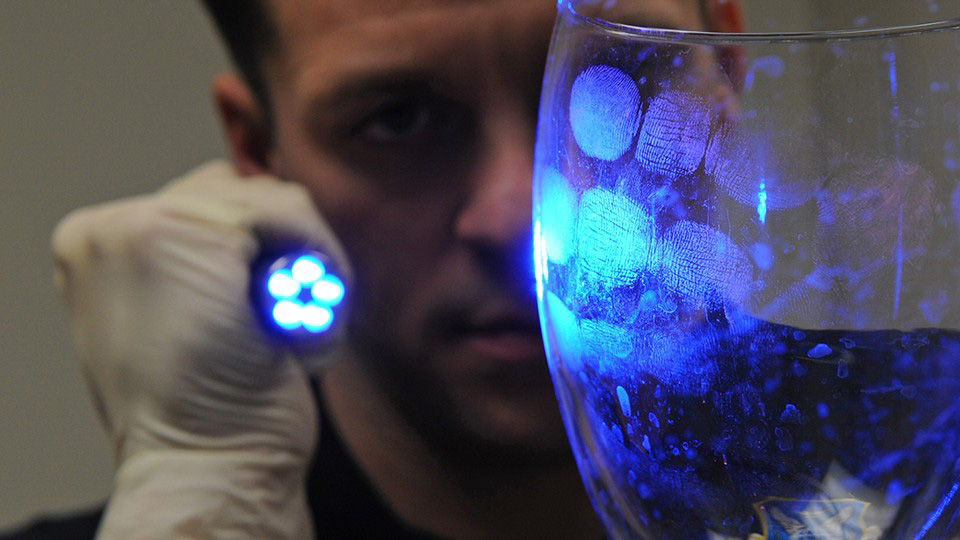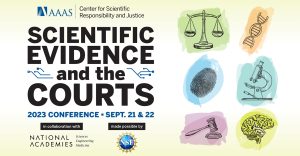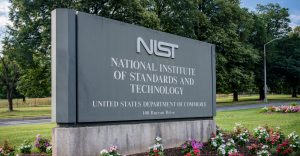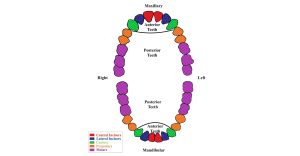Two CSAFE researchers played a significant role in the development of a new American Association for the Advancement of Science working group report on fingerprint examination, “Forensic Science Assessments: A Quality and Gap Analysis of Latent Fingerprint Analysis.” Dr. Joseph Kadane, Carnegie Mellon University’s Leonard J. Savage University Professor of Statistics and Social Sciences and Dr. William (Bill) Thompson, University of California, Irvine professor of criminology, law and society along with other authors provided a detailed analysis of the scientific foundations of this field.
Fingerprints are one of the most common pieces of pattern evidence collected at a crime scene, and are often used in courtroom testimony to link a suspect to a crime. Examiners often proclaim high levels of certainty that a fingerprint originated from a specific person, and juries are asked to judge the reliability of these conclusions. The AAAS report highlights a need for more research into the validity of fingerprint comparisons. “We have concluded that latent print examiners should avoid claiming that they can associate a latent print with a single source and should particularly avoid claiming or implying that they can do so infallibly, with 100% accuracy,” the report states.
Contributors including Kadane and Thompson conducted a literature review identifying what is currently known, unknown, and where there are gaps in fingerprint identification. The working group identified strengths and weaknesses of current practices, and provided 14 recommendations for further research. Read more about the report in CSAFE partner institution Carnegie Mellon’s news story and the AAAS website.
Additional relevant forensic science reports can be found on the CSAFE website Resources Page.




